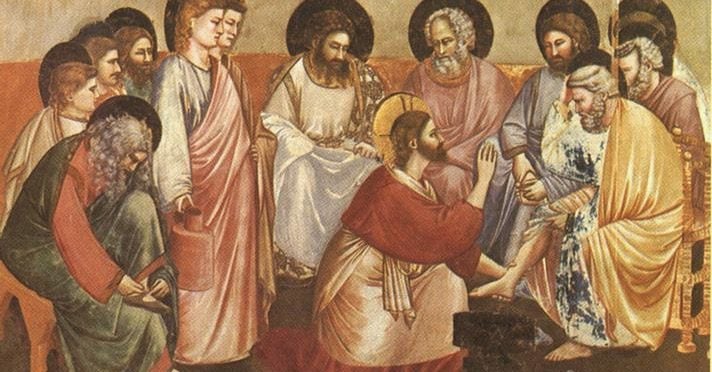Let this mind be in you, which was also in Christ Jesus (Philippians 2.5, KJV)
- “how to be the church with the mind of Jesus” CLICK
Who, being in the form of God,
thought it not robbery to be equal with God (Phil 2.6)
- “being in the form of God” CLICK
But made himself of no reputation (Phil 2.7)
The New American Standard is the closest word-for-word transliteration of this phrase: “but emptied Himself . . .”
The Koine Greek term is kenosis: emptiness or emptying. Koine Greek is the written language of most of the New Testament.
This Scripture is actually known as the Kenosis passage because it shares what Christ emptied Himself of to become fully man, and fully God.
This does not show Jesus giving up His nature as God.
This does show Christ voluntarily giving up the form or expression of His Divine nature.
Precisely because Jesus gives up aspects of His Divine form also proves to us something very important. No one can take it away. No one can strip Jesus of His pre-incarnate Deity. No one can make Him less than all He is before coming to earth. He voluntarily becomes fully human, fully God.
Furthermore, this kenosis (this emptying) is proof to us Jesus is indeed the 2nd Member of the Trinity. No one made Him do anything.
Jesus voluntarily gives up aspects of His personal glory, and the glory of Heaven, to walk among us!
and took upon him the form of a servant (Phil 2.7, KJV)

Kenosis (the emptying) of Christ is really more like an exchange. His Divine nature exists before all time in all His glory. He lays down His glorified form as God and picks up the human form. It’s the greatest exchange of all history.
Jesus becomes a servant, an ideal most of the civilized world no longer agrees with. He stoops low.
The Greek term is doulos, or “bondslave.”
A bondslave is a slave who has served long enough, and/or well enough, he/she is presented with the opportunity to go free.
However he/she chooses to remain with his/her master. Either the servant enjoys the luxury of living with the master, or perhaps loves the master or the family, etc.
Hebraic Law makes provision to set certain slaves free. However, if one chooses to remain, he/she becomes a doulas (bondslave). This is a lifelong decision.
Jesus makes a lifelong decision for our sake.
He once ruled over it all. Now He accepts certain limitations.
He once spoke and did anything He willed. Now He will live a human life on a very particular course (sometimes called the scandal of particularity).
This is part of an ongoing series on Phil 2.5-11 CLICK
Let this mind be in you, which was also in Christ Jesus: (Phil 2.5)
- “how to be the church with the mind of Jesus” CLICK
Who, being in the form of God,
thought it not robbery to be equal with God: (Phil 2.6)
- “being in the form of God” CLICK
But made himself of no reputation,
and took upon him the form of a servant, . . . (Phil 2.7)
Jesus becomes a doulos, giving every bit of His earthly life in service of His people.
















